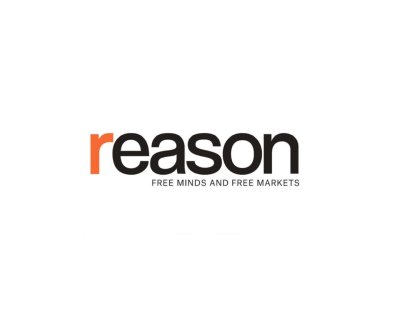Social Security Is Deeply Unfair. The Social Security Fairness Act Won’t Fix That.
Since publishing an article yesterday about the Senate’s upcoming vote on a bill to bestow better Social Security benefits on some retired public sector workers, I’ve received dozens of emails arguing that the current rules governing Social Security are deeply unfair.
I agree with the emailers, but not for the reasons they state.
Still, this seems like a good opportunity to highlight how Social Security works—and why it seems to make so many people angry. The big flaw at the center of the program is that no one has any property right to the money that flows through Social Security, though you would not know that from many of the responses I’ve received in the past 24 hours. A sampling:
“It is only FAIR we receive our Social Security benefits of which we contributed during our careers,” wrote one reader named Rich, who said he was retired from law enforcement. “This is very simple, we are only asking to be treated Fairly.”
“In my opinion, this is discriminatory as well as theft from the elderly,” added another reader, a retired Federal Aviation Administration employee named Peter.
One former teacher named Vivian described the situation as “the government is outright STEALING from people.”
“We are fighting for its repeal and to finally receive what is rightfully ours!” Vivian added.
Every one of those responses (and many others) is rooted in a common misunderstanding of how the Social Security program works on a fundamental level. The tax dollars that flow into Social Security do not belong to the workers who have those funds extracted from paychecks. They belong to the federal government—just like the dollars that fund the Pentagon or the Department of Health and Human Services or any other government program.
Therefore, what is paid out to beneficiaries is not a return on workers’ investments, as many people seem to believe. It is a government expenditure, subject to the rules that govern those expenditures.
Since 1983, one of those rules—the Windfall Elimination Provision (WEP)—has curtailed Social Security payments to retirees who worked in the public sector and received a pension. That’s true even if those workers also did some work in the private sector, in which case they might have earned some Social Security benefits. Those rules are the crux of th
Article from Reason.com

The Reason Magazine website is a go-to destination for libertarians seeking cogent analysis, investigative reporting, and thought-provoking commentary. Championing the principles of individual freedom, limited government, and free markets, the site offers a diverse range of articles, videos, and podcasts that challenge conventional wisdom and advocate for libertarian solutions. Whether you’re interested in politics, culture, or technology, Reason provides a unique lens that prioritizes liberty and rational discourse. It’s an essential resource for those who value critical thinking and nuanced debate in the pursuit of a freer society.




